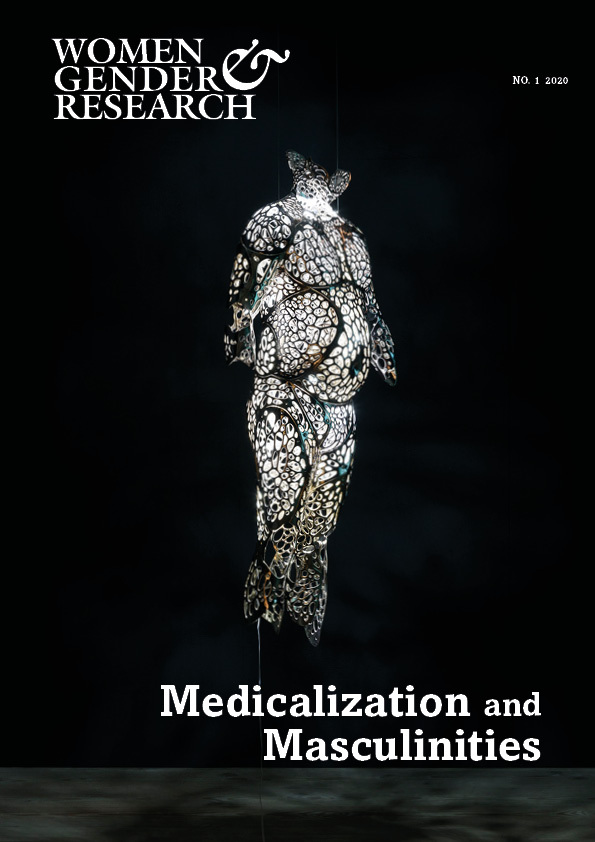Not of women born
Sociotechnical imaginaries of gender and kinship in the regulation of transmasculine reproductive citizenship in Denmark
DOI:
https://doi.org/10.7146/kkf.v29i1.123448Nøgleord:
transgender, reproduction, reproductive citizenship, fertility preservation, sociotechnical imaginaries, biomedicalizationResumé
In 2014, Denmark abolished the castration requirement that had been in place since the 1950s in order to obtain legal gender reassignment. As a self-declaration model was introduced, the law was amended to enable everyone with a uterus to retain access to pregnancy care and assisted reproduction. Combining Science and Technology Studies with critical transgender scholarship, this paper explores how the legal reforms, which sought to separate legal gender status from the healthcare system, have shaped the emergence of reproductive transmasculinities and the institutionalization of reproductive citizenship for trans men. Drawing on the concept of sociotechnical imaginaries (Jasanoff, 2015), I discuss how specific understandings of coherence between bodies, gender and parenthood organize and restrict the reproductive practices of trans men. For example, men who give birth are still registered as mothers. Through the framework of biomedicalization (Clarke et al., 2010), I extend my discussion of reproductive autonomy to fertility preservation access. I discuss why, in Denmark, sperm can be frozen in relation to gender- affirmative treatment, but eggs cannot, and in doing so I highlight how this disparity is not only shaped by normative practices of risk prediction, but also by the political opposition to surrogacy in Denmark.
Downloads
Publiceret
Citation/Eksport
Nummer
Sektion
Licens
Udgivelser i Kvinder, Køn og Forskning er beskyttet under Creative Commons License: CC Attribution-NonCommercial 4.0

